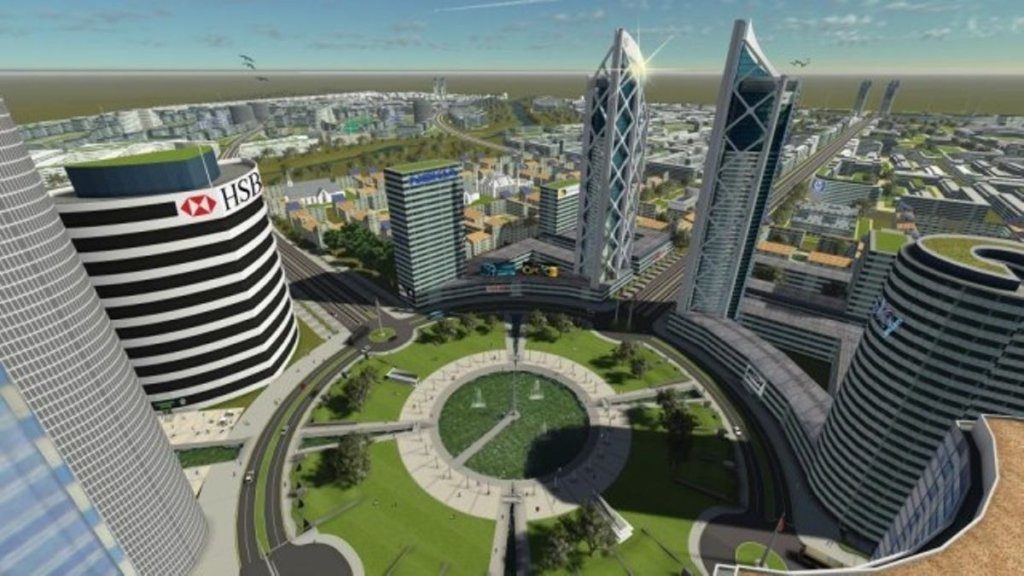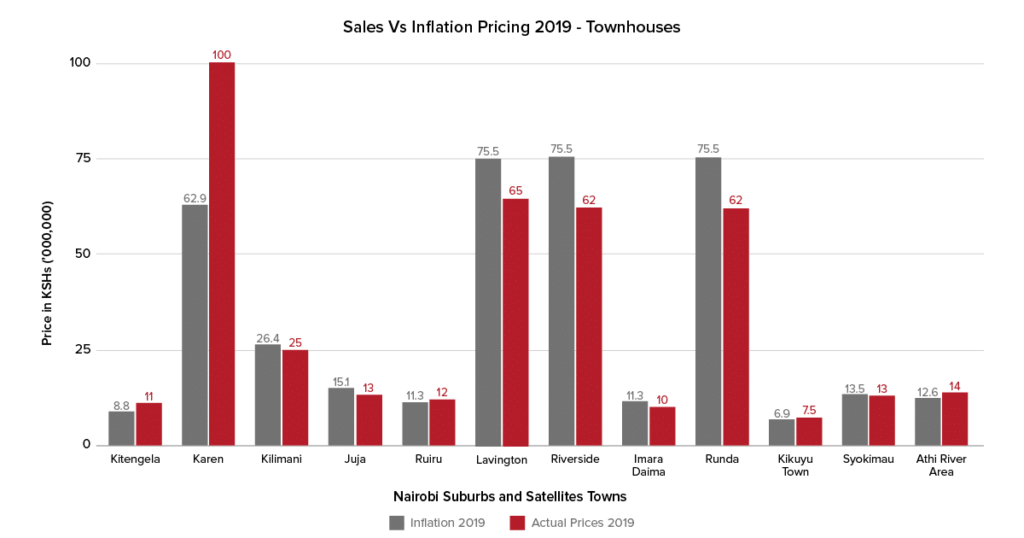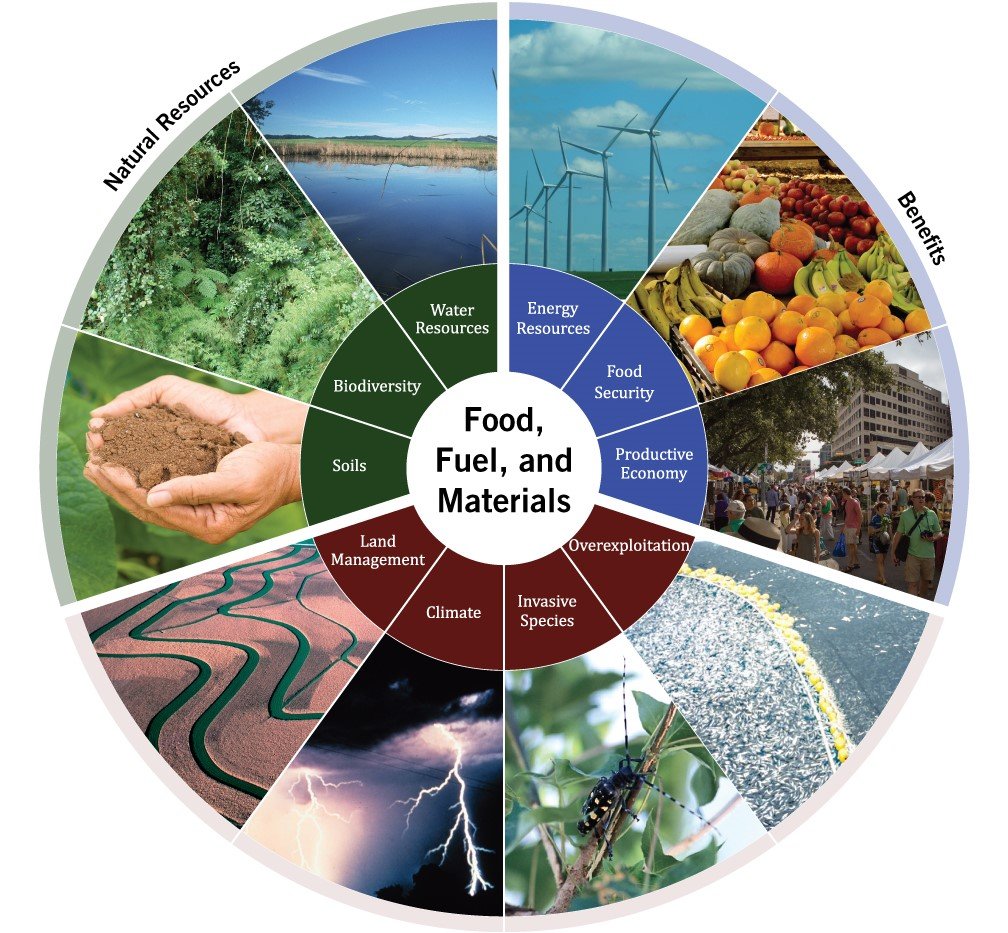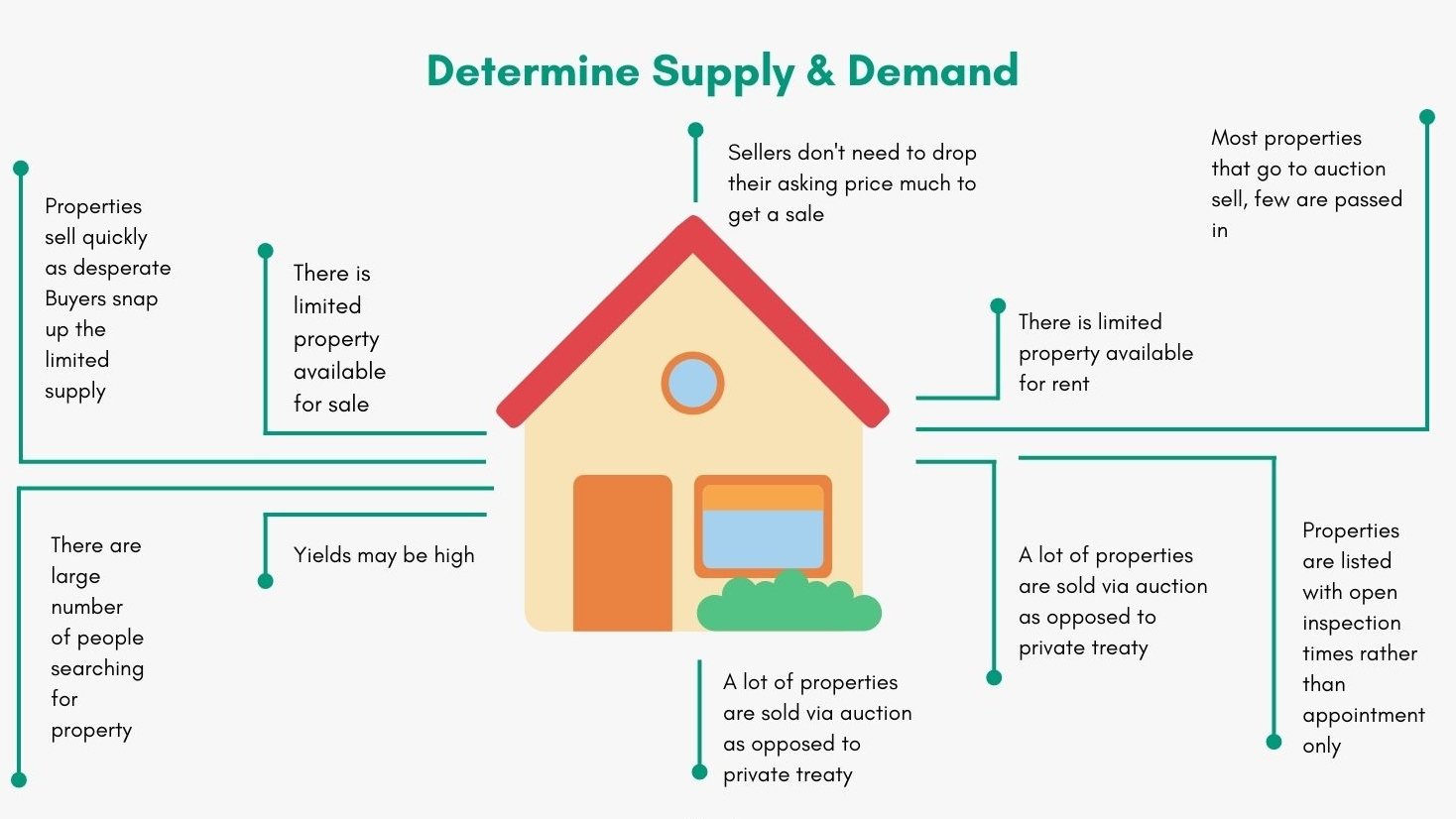📈 Current Real Estate Trends in Kenya (2025)
Here are the most impactful trends defining the current state of real estate in Kenya :
📌 These shifts are making Kenya’s real estate market more transparent, accessible, and inclusive.

🏢 Property Prices and Investment Returns
Real estate prices vary widely based on location and type:
| Property Type | Nairobi Price Range (KES) | Coastal Region (KES) |
|---|---|---|
| 3-Bedroom Apartment | 4M – 7M | 6M – 10M |
| Affordable House | 2.5M – 4M | 4M – 6M |
| 1 Acre of Land | 1.5M – 3M | 5M – 10M |
| Office Space (per sq.ft.) | 15,000 – 30,000 | 20,000 – 40,000 |
| Retail Shop (per sq.ft.) | 10,000 – 20,000 | 15,000 – 30,000 |
📈 Expected ROI:
- Residential rentals: 5%–8%
- Commercial properties: 7%–12%
- Land banking: 10%–20% appreciation annually

🌆 Urban Growth and Infrastructure Development
Kenya’s cities are expanding fast, especially in Nairobi, Mombasa, and Eldoret.
Major Infrastructure Projects Driving Growth:
- Nairobi Expressway
- Standard Gauge Railway (SGR) expansion
- Thika Superhighway upgrades
- Jomo Kenyatta International Airport improvements
- Konza Technopolis development
📌 These projects are boosting land values and attracting foreign investment.

🏗️ Emerging Real Estate Developments
New and exciting developments are changing how people live and invest:
| Project | Location | Highlights |
|---|---|---|
| Tatu City | Thika | Integrated urban city with residential, industrial, and commercial zones |
| Two Rivers Mall | Kahawa Sukari | Mixed-use retail and residential space |
| Nyumba Yetu Scheme | Ruaka | Affordable housing under Big Four Agenda |
| Umoja Village | Ruiru | High-quality affordable homes with modern amenities |
| Garden City Mall Expansion | Westlands | Upcoming residential towers and office spaces |
📌 These projects reflect growing demand and better planning.
💰 Real Estate Financing and Mortgage Access
Financing remains a challenge but is improving through various channels:
| Financier | Avg. Mortgage Rate (2025) |
|---|---|
| Housing Finance Kenya | 13% – 16% p.a. |
| Co-operative Bank | 12% – 14% p.a. |
| KMRC Partner Banks | ~12% p.a. |
| SACCO-Based Loans | Varies by group |
📌 The government’s Big Four Affordable Housing Program continues to support mortgage lending for low- and mid-income buyers.
🚨 Challenges Still Facing the Sector
Despite its potential, real estate in Kenya faces several hurdles:
| Challenge | Explanation |
|---|---|
| High Construction Costs | Rising material prices affect affordability |
| Lengthy Legal Processes | Title verification can take months |
| Land Fraud | Fake title deeds and unlicensed brokers remain a concern |
| Market Saturation in Nairobi CBD | Oversupply affects rental yields |
| Lack of Standardized Valuation Systems | Inconsistent pricing leads to confusion |
📌 However, digitization and policy reforms are helping reduce these risks.
📉 Supply vs. Demand: Kenya’s Housing Gap
Kenya faces a housing deficit of over 2 million units , especially in urban centers.
Key Drivers of Demand:
- Population growth at 2.2% per year
- Migration to cities like Nairobi and Mombasa
- Rise in expatriate and diaspora investment
📌 While supply is increasing through developers and government partnerships, the gap remains significant—offering room for growth.

🧑💼 Careers and Professional Opportunities
As the sector grows, so do job opportunities:
| Role | Skills Required |
|---|---|
| Real Estate Agent | Sales, communication, digital tools |
| Property Valuer | Surveying, economics, ISK certification |
| Mortgage Consultant | Financial analysis, customer service |
| Developer | Project management, finance, planning |
| PropTech Developer | Coding, data analysis, real estate knowledge |
| Green Building Consultant | Sustainable design, energy-efficient construction |
🎓 Many students from University of Nairobi , JKUAT , and Technical University of Kenya are entering the field.
🎓 Education and Training in Real Estate
Interest in real estate careers is rising, with more institutions offering relevant courses:
| Institution | Programs Offered |
|---|---|
| University of Nairobi | BSc in Real Estate |
| Jomo Kenyatta University of Agriculture and Technology (JKUAT) | Property Management |
| Technical University of Kenya (TUK) | Real Estate and Property Management |
| Kenya Methodist University (KeMU) | Real Estate Practice |
| Private Training Centers | Short courses via REAK and KIEA |
📌 Graduates often find roles in agencies, banks, and developer firms.
❓ Frequently Asked Questions (FAQs)
Q1: Is the real estate market in Kenya growing?
A1: Yes, Kenya’s real estate sector is growing steadily, supported by urbanization and infrastructure development.
Q2: Can foreigners buy property in Kenya?
A2: Foreigners cannot own freehold land but can lease land for up to 99 years.
Q3: What is the housing deficit in Kenya?
A3: Over 2 million units, especially in urban centers like Nairobi and Mombasa.
Q4: Are there REITs in Kenya?
A4: Yes, Kenya launched its first REIT in 2020—offering small investors access to commercial property.
Q5: How do I verify land ownership in Kenya?
A5: Always hire a licensed surveyor and advocate to check title deeds at the Registrar of Titles .
